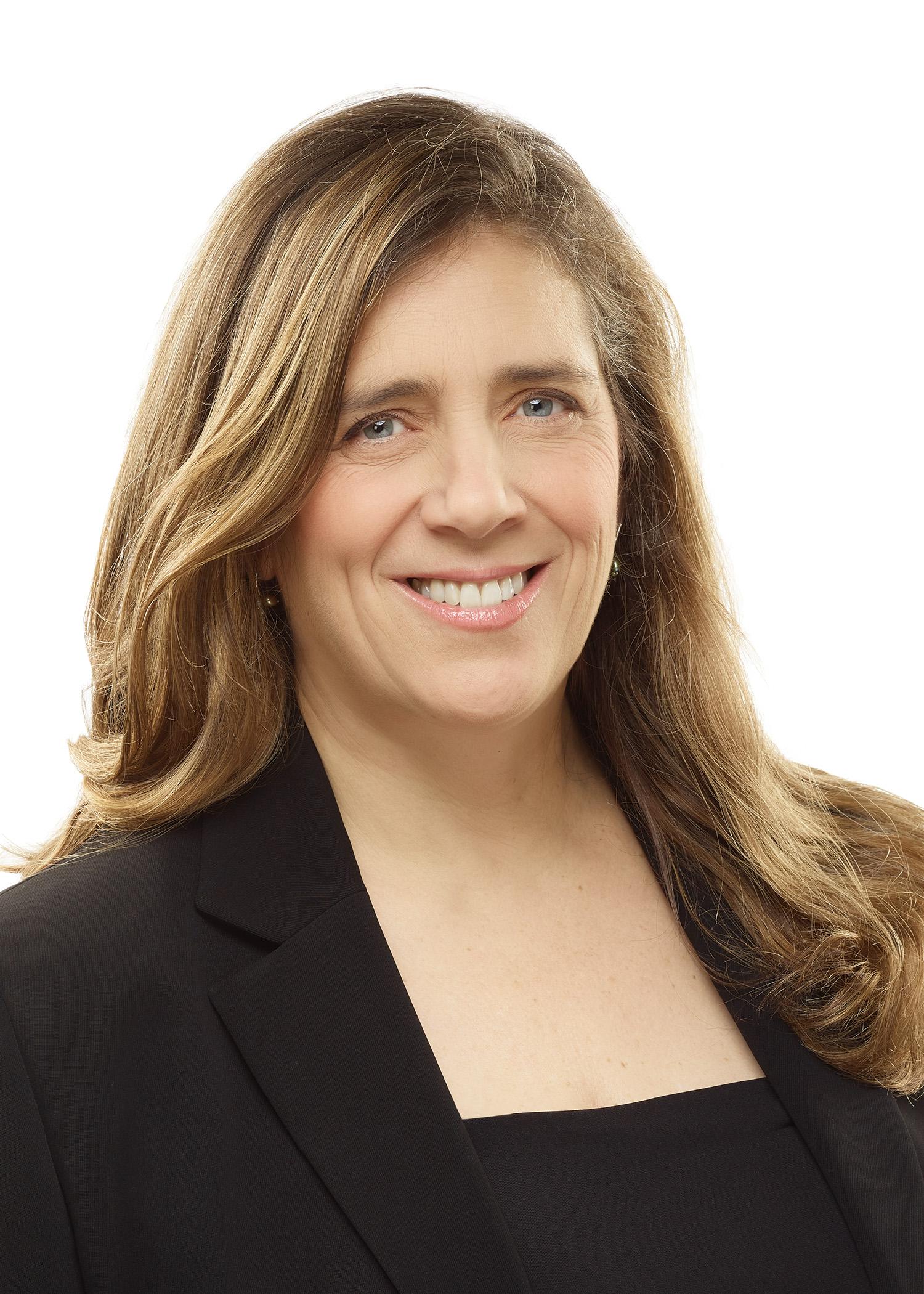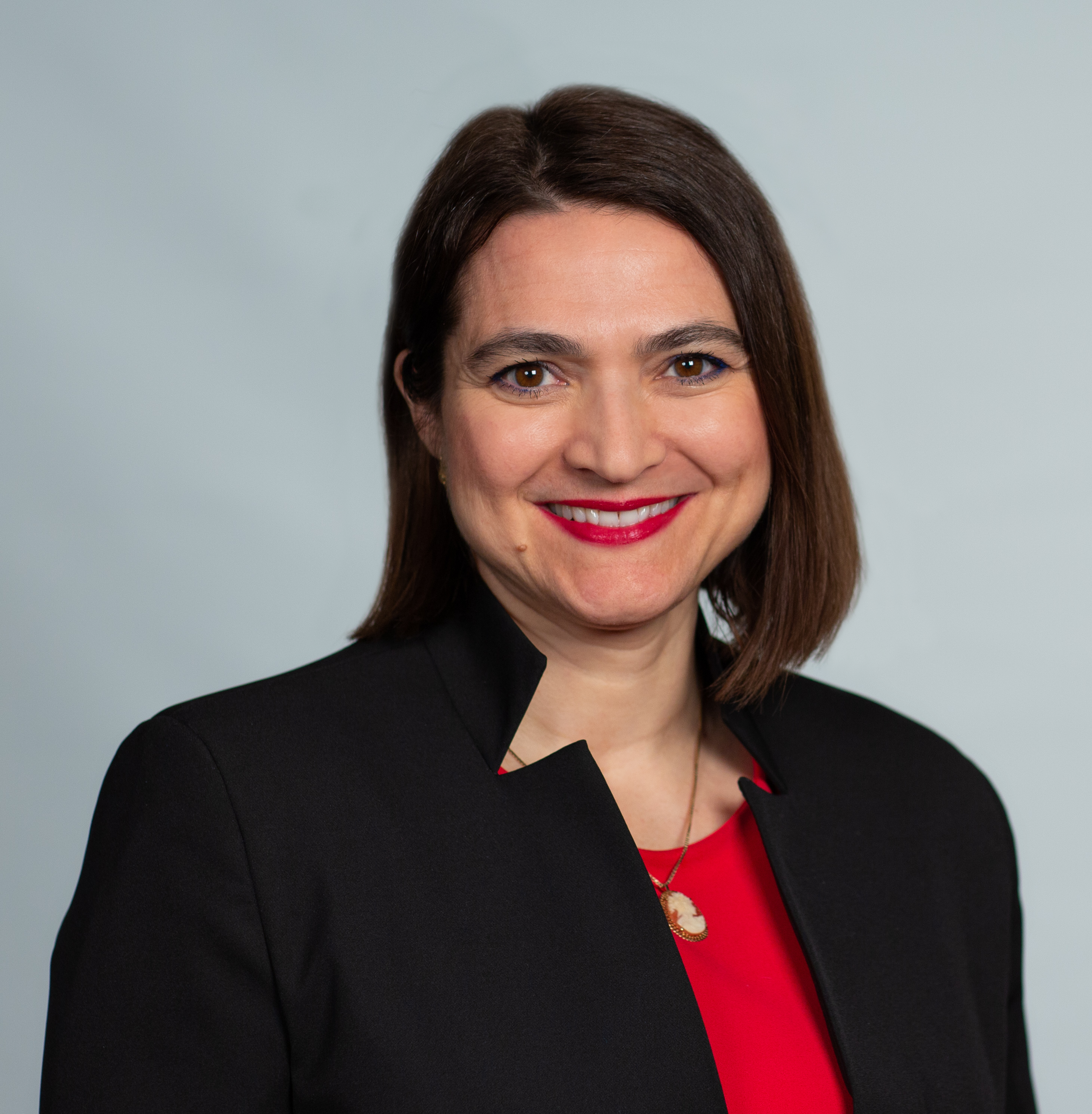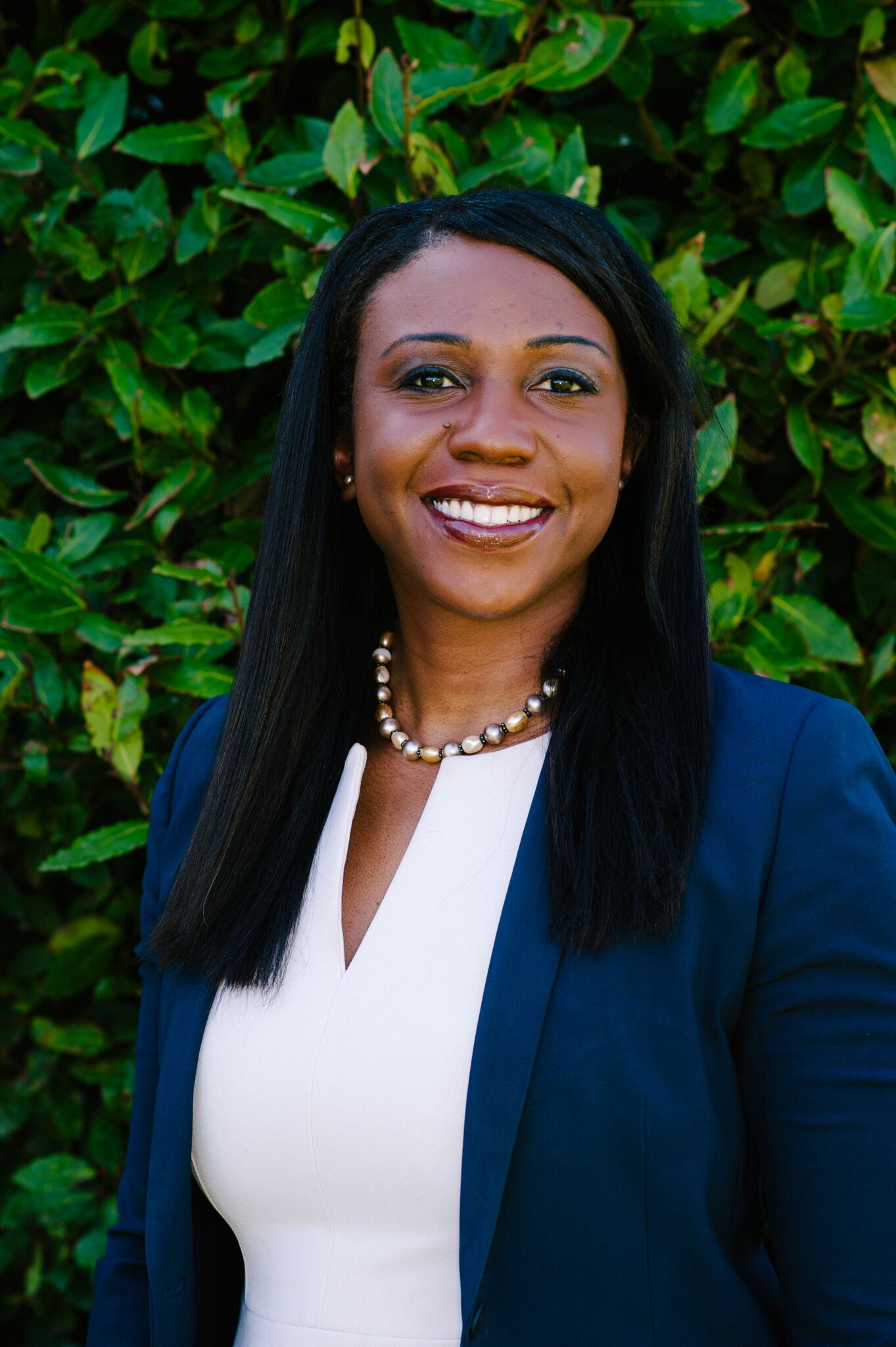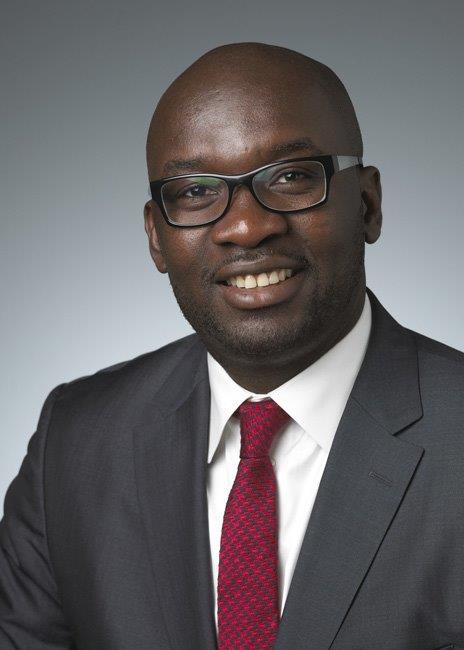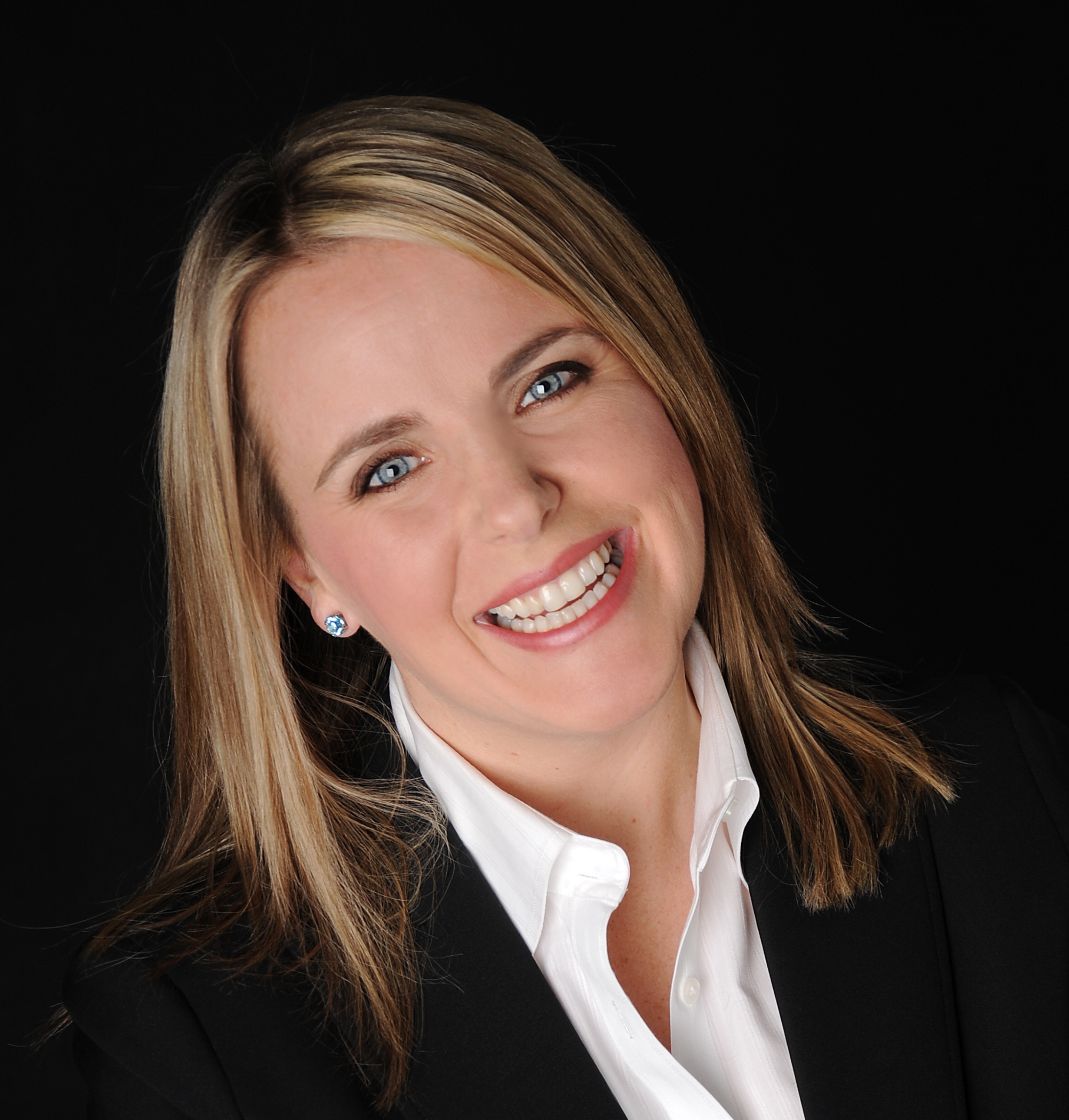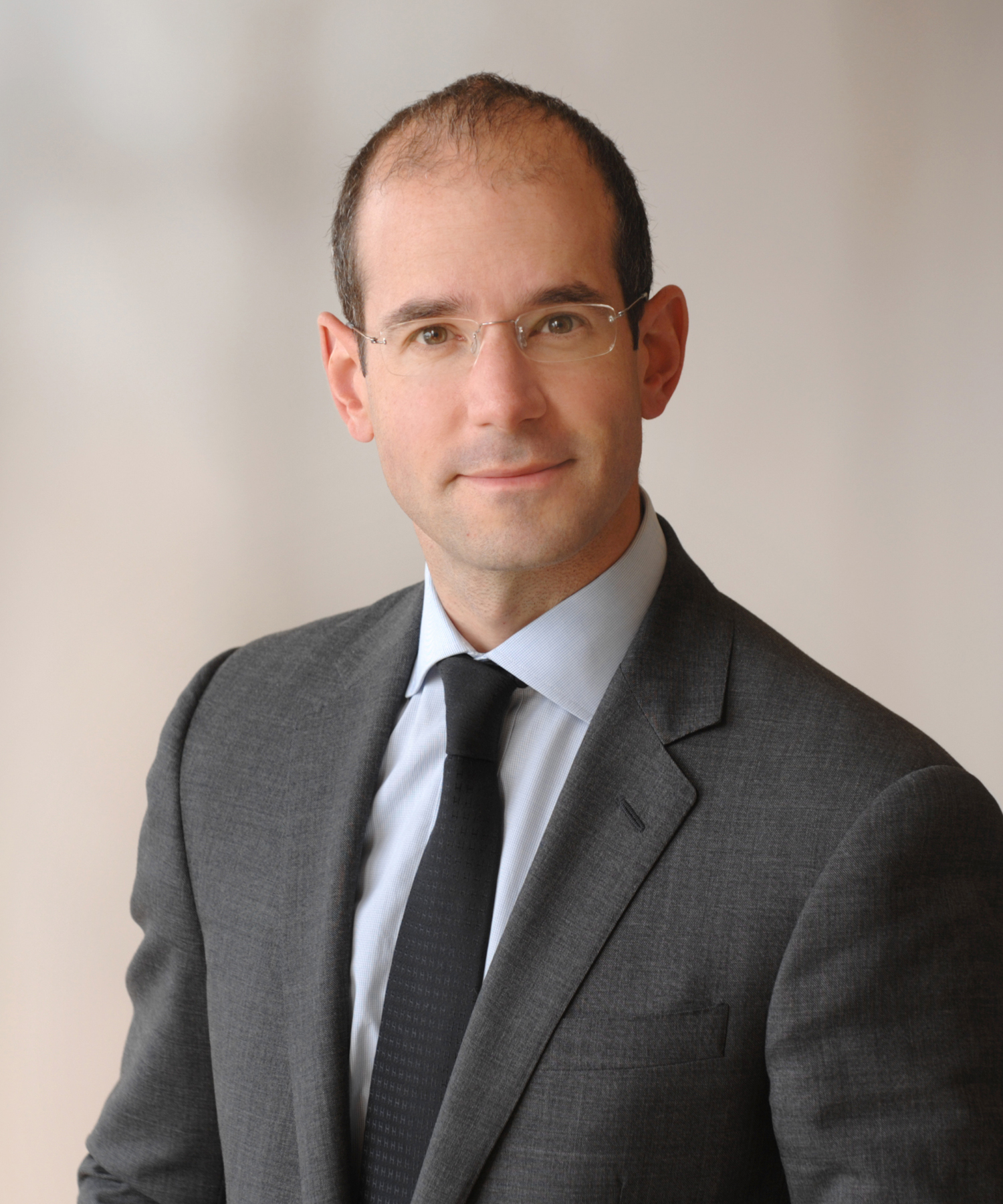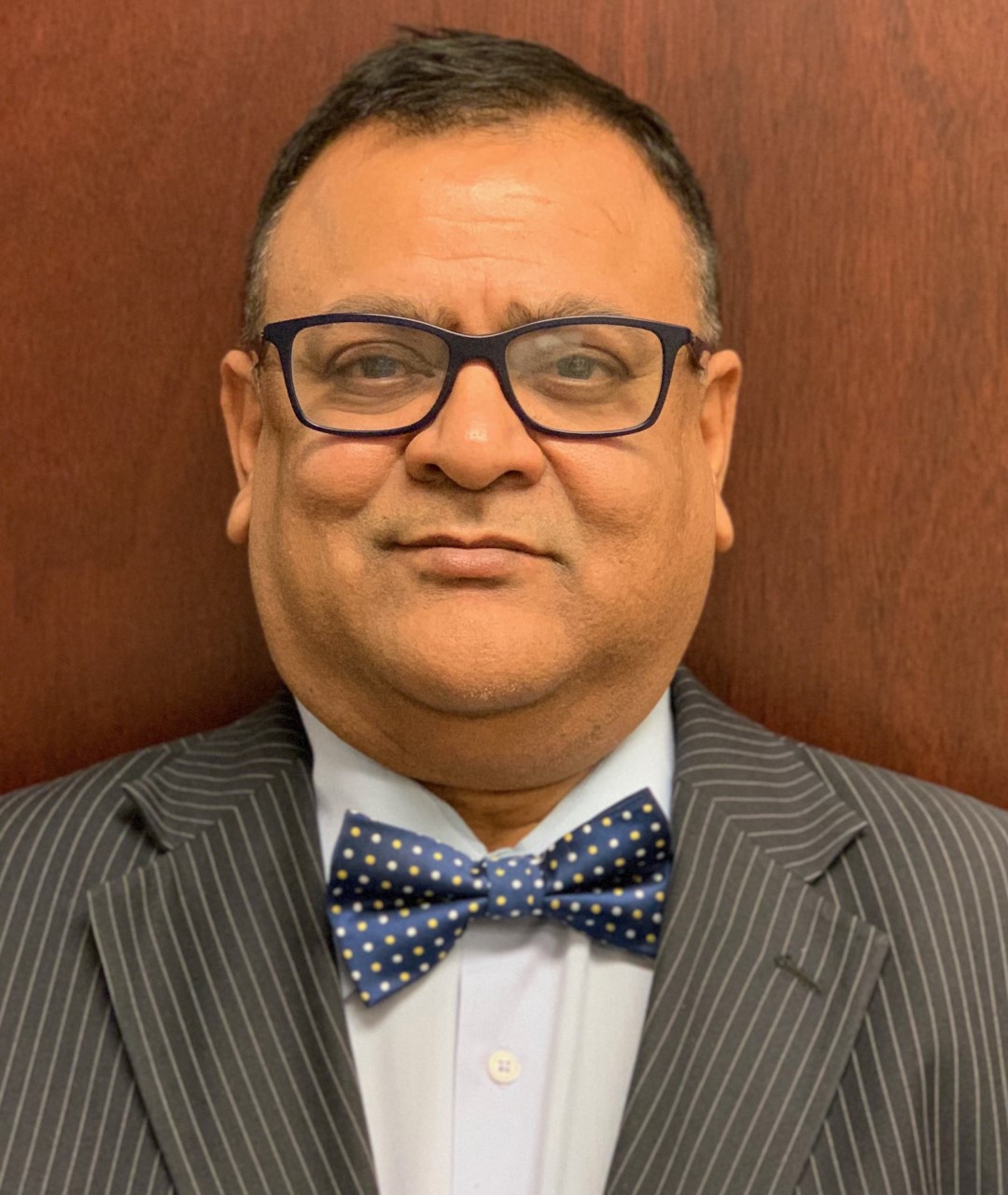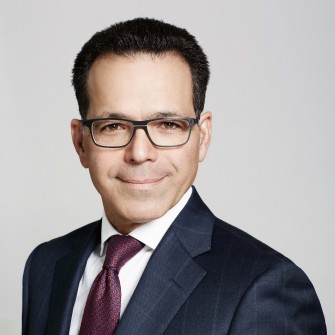

Firms and lawyers faced divergent challenges in 2024, some specific to the law sector and others due to wider influences.
The major issues the industry grappled with were:
the rise of artificial intelligence (AI) and how to harness it effectively
most major practice areas experiencing growth from a demand perspective
increasing cost bases
ESG becoming more of a business fundamental
integrating law firm software and systems
creating a positive remote culture
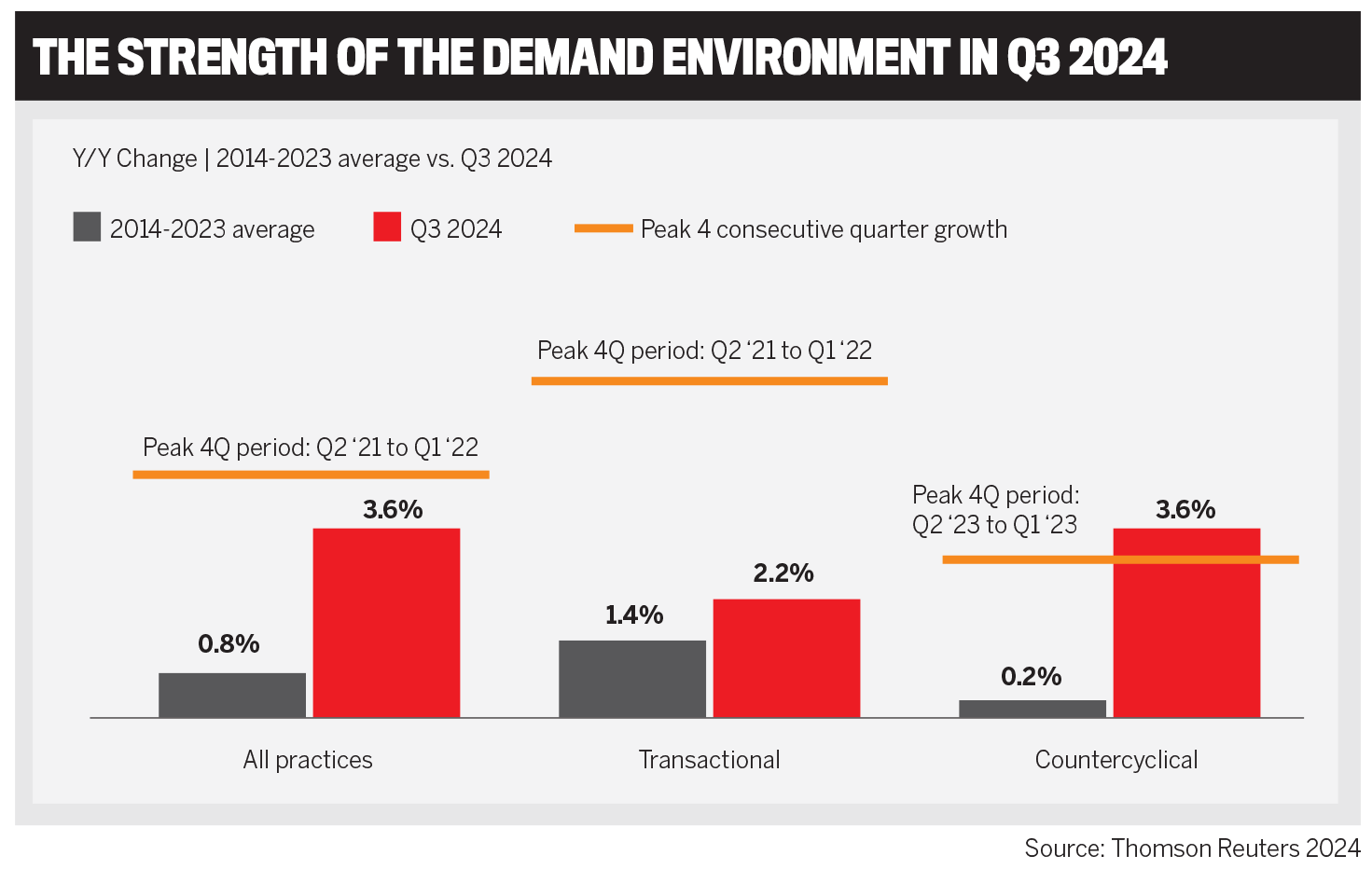
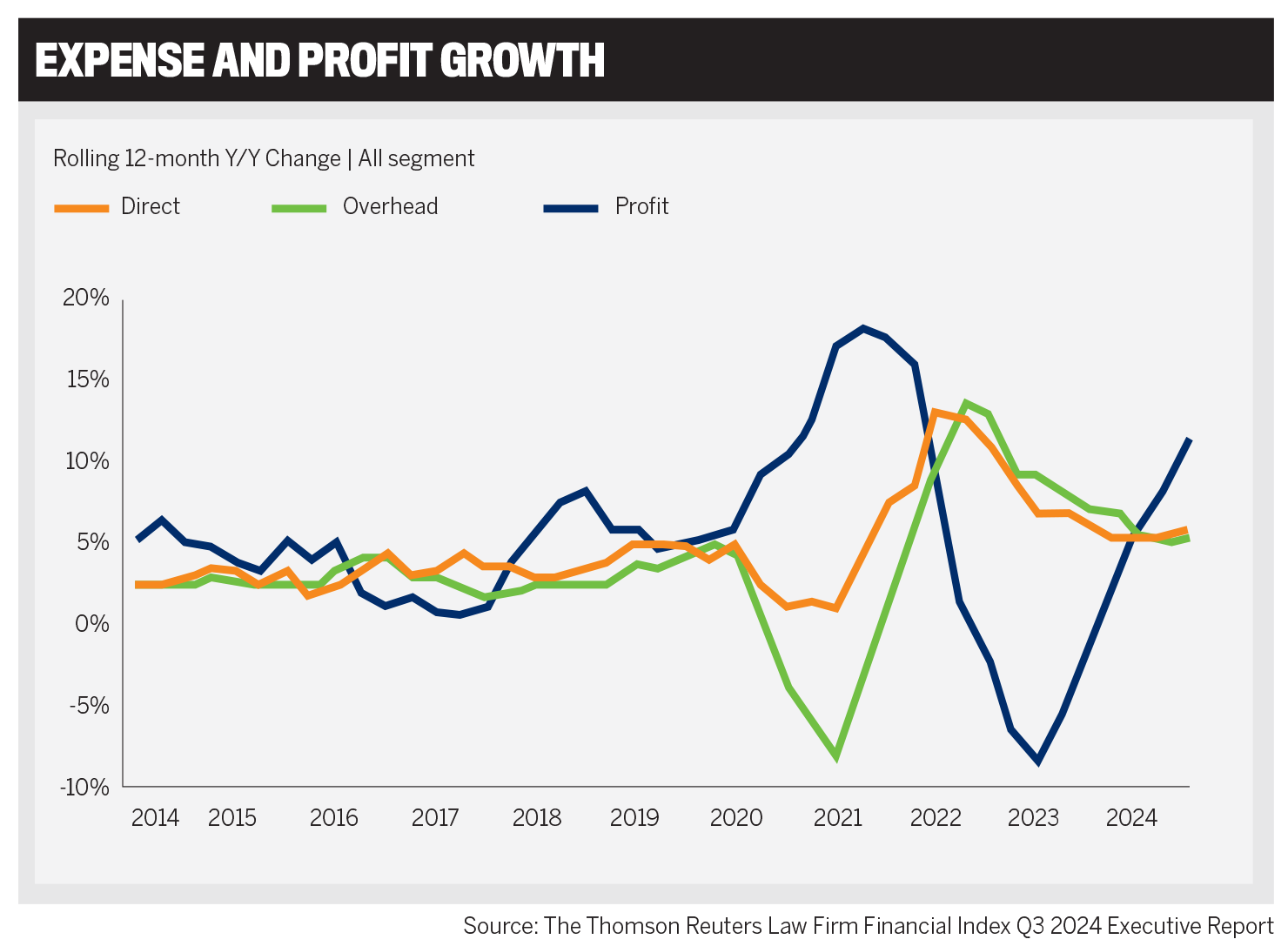
The Global Best in Law 2024 recognizes legal award winners across all of the year’s special reports featured in Canadian Lawyer, Australasian Lawyer, and NZ Lawyer.
There was increased profitability in the sector as the Q3 2024 Thomson Reuters Law Firm Financial Index (LFFI), illustrates a strong outlook for law firms with overall demand growing by 3.6 percent compared to Q3 2023.
This was led by the countercyclical practices of litigation, up 4 percent, followed by labour and employment, up 2.9 percent, compared to Q3 2023. Notably, the first two quarters of 2024 showed signs of a slowdown here, yet in Q3, demand hit its strongest growth pace in more than a year.
Real estate, increasing by 3.7 percent, led the growth in transactional practices. The growth across practice areas indicates a more sustainable expansion than what law firms experienced during the post-pandemic boom.
Technology has been a major impactor over the last 12 months for all top law firms in their operations, but also their caseloads.
Canada’s Neinstein Personal Injury Lawyers’ partner Rose Leto shared details of the firm’s noteworthy litigation launched on behalf of Ontario School Boards against some of the social media giants. The case involves 12 school boards and two private schools commencing a mass tort litigation against:
Meta Platforms Inc. and its subsidiaries
Snap Inc. and its subsidiaries
TikTok Ltd. and its subsidiaries
Leto says, “What we’ve appreciated through consultation with many stakeholders is that the increased use of social media is directly impacting the student’s ability to receive an education and to learn. So, it takes a multifaceted approach as it affects their concentration, their focus, and their mental health challenges as well.”
The firm’s vision is to be a problem solver and to understand the challenges that face society as a whole.
“We then set out to help in whatever way we can to address those challenges,” explains Leto. “Social media just happens to be the most recent of those endeavours, but over the last year or so, we’ve resolved a mass torts claim against one of the vaping giants, again, for its harm to society, and in being practical problem solvers.”
Similarly, Gluckstein Lawyers is exploring new pathways and have formed three strategic partnerships with Nicholson Gluckstein, Rastin Gluckstein, and Jellinek Ellis Gluckstein. Some areas they focus on include:
birth injury
medical malpractice
medical vehicle accidents
class action and mass torts
catastrophic injury

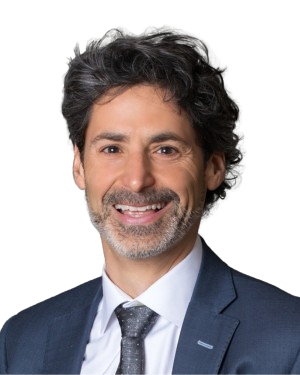
The firm is now part of the Birth Injury Lawyers Alliance (BILA), which promotes the effective representation of children and families affected by avoidable injuries occurring at or around the time of birth. Members of BILA practice law in every province and territory in Canada, excluding Quebec.
They also created a Sexual Abuse Lawyers Alliance (SALA), aligning top of their field lawyers across the country to ensure the best possible care for clients, depending on which province they need help in.
Being a family-owned business, Gluckstein Lawyers leverages those values when servicing clients.
“Clients should be treated like family and given the same courtesy and care, even when their case ends,” shares owner and managing partner, Charles Gluckstein, who succeeded his father, Bernard. “It’s important for us to continue to care for them in their lives, and not just hand them a cheque and say goodbye, but hopefully they will keep in touch and bring us into other parts of their lives.”
That culture not only extends to clients but permeates throughout the entire organization.
“We instill it in our staff, too. Many of their children have worked for us, and we encourage them to get involved with community events. Some of them work throughout Canada and the US, so we try to bring them together as many times as possible, to make sure they know they are part of our extended family,” Gluckstein says.
Thomson Rogers – who will celebrate its 90th year in business in 2025 – has also demonstrated leadership in personal injury law, family law, civil, municipal, and land use litigation across 2024.
The firm, which won a landmark case at the Court of Appeal for Ontario in January, which saw a groundbreaking $1.5 million punitive damages award by a Toronto jury in the case of Baker vs. Blue Cross Life Insurance Company of Canada, solidifying the largest known punitive damages ever awarded in a long-term disability claim in Canada.
“It’s a vindication, not only of our client, but of the skill set and the excellence of the lawyers that brought the case forward, because that’s our appellate court saying that they agreed with our case after examination,” says managing partner, Stephen D’Agostino. “That was a great way to start the year and was a real high point.”
The firm’s core values are:
excellence
collaboration
innovation
“At a firm our size, with head count of about 100 people, we’re still small enough that everybody’s face is recognizable. Having a common set of values is important. Through our hiring process, people understand who we are quickly, and they judge whether they think they’re going to be a fit in our environment,” says D’Agostino.


The use of generative artificial intelligence (GenAI) tools by lawyers and firms to speed up processes and increase efficiency elevated again this year. According to data from Business Research Insights, the global legal AI software market size was:
US$0.51 billion in 2024
projected to reach US$3.64 billion by 2032
exhibiting a CAGR of 27.64 percent during the forecast period
Thomson Reuters’ Future of Professionals Report identifies trends that impact the legal industry – the economy, different generational cohorts, impending regulatory changes – as GenAI is the frontrunner by a significant margin. Some of its findings include:
77 percent of the lawyers surveyed say it will have a significant or high impact on the future of law.
AI is predicted to significantly affect the strategy of 94 percent of corporations, resulting in greater investment, according to C-Suite respondents. The most significant areas of influence are likely to be operational strategy and product/service strategy.
74 percent of law firms believe AI is a “force for good” in their profession.
However, D’Agostino insists there is still a debate on whether AI is a “party trick”.
“It’s been with us for a couple of years now, but this year it made the big jump into the mainstream. We’ve implemented a test program, where we’ve given AI tools to a third of our lawyers, to determine what’s good and what’s not. As part of our code of excellence, I can’t roll out a tool that’s not going to help our clients,” he explains. “But on the other hand, it’s important that we have the best tools from a competitive advantage point of view.”
The firm is conducting another test program in February 2025, underscoring its considered approach when adopting AI.
“It’s almost become a full-time job for our staff, looking at AI, and ensuring that things like hallucination aren’t a risk, and that prompt engineering is a skill that we can pass on to our lawyers and students as we implement these tools,” D’Agostino says. “It’s a cloud that’s sitting over the top of us, or maybe it’s a ray of sunshine. As an industry, we will understand better in the coming years if it’s really going to be useful.”
Meanwhile, Gluckstein Lawyers has embraced new technologies that allows them to conduct research and write medical summaries and management cases faster. These innovations also help the firm communicate with clients more efficiently.
“When we look at research tools, there is AI that allows us to crunch the law quickly and get to a summary, build our factums and legal briefs in short order,” reveals Gluckstein. “We don’t have to delegate it to other lawyers, so we speed up time and have answers for our clients very quickly. For medical summaries, we can get through records swiftly to move the case along. Our lawyers are very efficient now on their own, as we have all sorts of drafting tools with (Microsoft) Copilot and other AI-enhanced products.”
Although the firm uses AI, Gluckstein believes it should not be the final product.
“It’s taking over a delegated task, but once you get it back, you still have to review and edit it, ensuring that it’s accurate,” he says. “Lawyers must be careful when they’re submitting anything to another law firm, the court or client that it’s accurate and precise. Never take shortcuts and just assume an AI product did a good job, just as you wouldn’t if you gave it to an articling student or a junior lawyer, as you would never expect their first draft to be good enough to finalize.”
Neinstein Personal Injury Lawyers is also monitoring tech advancements, including AI and case management programs.
Leto comments, “By engaging in technology that frees up our staff and our lawyers’ time, it allows them to be more engaged and directly supporting our clients.”
However, she cautions that AI needs to be used effectively, and the firm’s greatest asset is ensuring that every touchpoint with clients is designed to address problems.
Leto says, “AI is not a substitute for the knowledge and expertise of our staff and lawyers. While we absolutely are engaging in AI and we’re leveraging it, we’re doing it in a way that continues to support our greatest asset in our people and in a way that continues to provide that personalized service to our clients.”
So far across the firm, there has been a positive reaction to AI. “We are mindful it has a role, but again, it doesn’t replace the human interaction that we feel our clients deserve,” adds Leto.
Leading law firms were forced to negotiate varying challenges throughout 2024. Whether they were economic pressures; a rise in cyberattacks; changes in legislation, regulation, and compliance; or adjusting to a remote world – they still managed to thrive.
“There’s a huge appetite for lawyers with privacy and technology experience,” explains Travis Usher, partner with ZSA Legal Recruitment (Canada). “This is likely partly due to legislation, at least on the privacy side, but it’s also very market driven.”
Gluckstein Lawyers bolstered its communication with clients to ensure that its systems were proofed against potential data breaches and attacks.
“We have texting capability in our software because email is so riddled with fraud and misuse. We really had to make sure our technology is secure and that we have good lines of communication to clients and staff,” comments Gluckstein. “We also use an inter-office texting system on a secure closed network, so we don’t have to use email.”
For Thomson Rogers, striking the balance between the flexibility of remote work and the collaboration of being in the office can be difficult.
“Like many Toronto law firms, we’re in the office three days and remote for two days a week. We’ve recognized that we’re better when we’re all together, so we organize our in-office days to ensure that we are all there at once,” shares D’Agostino. “We have a community day once a week, but in January 2025, it will expand to a second collaborative day. Our experience is that when we’re having those face-to-face meetings, were just so much more productive than when we’re trying to chase people online.”
Gluckstein Lawyers also faces challenges when it comes to ever-changing government regulation.
“They’re now suggesting bringing in no-fault insurance in Alberta, as they have done in British Columbia. That means we face challenges in insuring motor vehicle accident victims’ rights, as the coverage is constantly getting whittled down,” says Gluckstein.
“[In 2024, we] saw the introduction of a plan that now leads motor vehicle insurance holders to have optional coverage for what used to be mandatory. So, in an effort to reduce premiums, these victims will now come to us with almost no coverage because they’ve decided to opt out and that’s going to make our jobs much harder in obtaining compensation.”
With regulation in the class action sector, the firm is forced to think outside the box.
“If you are bringing a class action in Ontario, it must be more of a financial nature rather than a personal injury nature. So, we’re forced to go to other provinces that have personal injury as a dominant component,” says Gluckstein.
The result of the US presidential election may also have an impact on business.
“Whenever Republicans take office, it usually leads to tort reform in the US. We could see a ripple up here that affects us. Some of the mass torts that we’re involved in have a US component, where if something negative happens because of legislation by Congress, we could be affected in Canada,” he explains.


For the top law firms, “ESG” and “DEI” are far more than progressive acronyms – they are about real and impactful change.
Taking the lead is Neinstein Personal Injury Lawyers, which has addressed the issue of men dominating the upper tier of the legal profession. Nearly 50 percent of the firm’s partners are in leadership positions.
Leto shares, “We strive to have policies and procedures in place that reflect the economic realities that move forward to be more sustainable, and that consider all the DEI initiatives and have not only lawyers or staff within the firm, but to have those be representative in positions of leadership.”
And she continues, “We equally are very active in speaking about the impact of DEI on the medical care of our clients, and we’re working to educate ourselves as lawyers and staff in the trauma-informed approach to litigation. Our clients are coming at this with their own perspectives and experiences, and in our view, there’s been a significant impact in patient care, and we’re looking to educate and improve that as much as we can.”
Gluckstein Lawyers is also proud of its DEI outreach. The firm has a diverse workforce and organizes webinars along with in-house services.
“We have a very specific campaign for the Indigenous community. We do land acknowledgments at every webinar and conference, and we’re very proud of our policies around that,” comments Gluckstein. “We think we’re leaders and had several webinars in 2024 directed specifically at promoting that among other firms and helping them educate and be more aware of diversity, equity, and inclusion.”
The firm also has a podcast, Butter Torts, which is innovative and covers non-legal issues, affecting the community and DEI. They have also now added a YouTube channel.
“We feel proud that we’re able to contribute to community, education, and leadership in that way,” Gluckstein says.
Echoing these sentiments is D’Agostino, who highlights that clients demand progress in terms of inclusion and equity.
“We as a firm recognize that our clients want to see themselves reflected in the people who are serving them. I think they believe that is important, and to a great extent, it is the driver of diversity in our business,” he says.
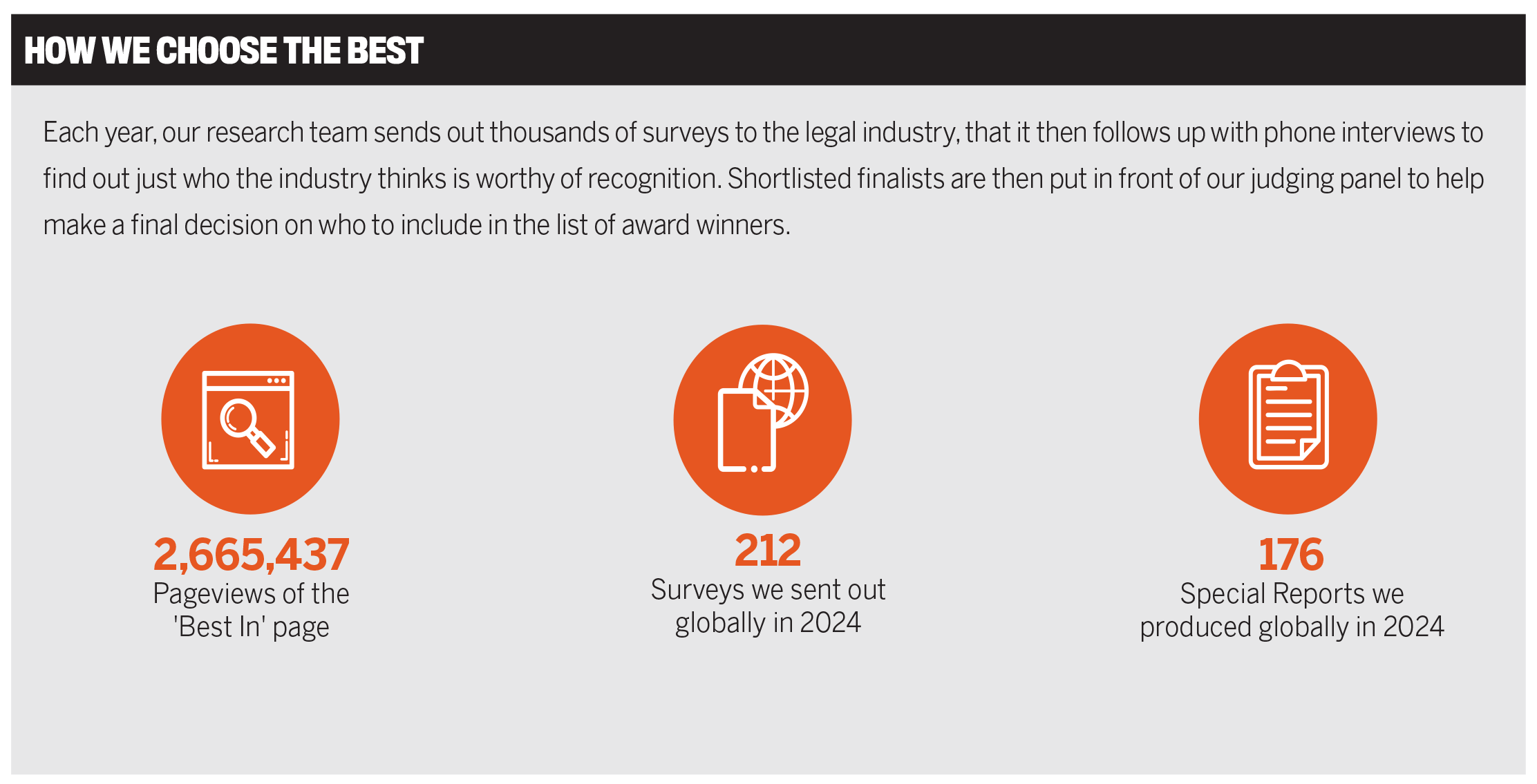
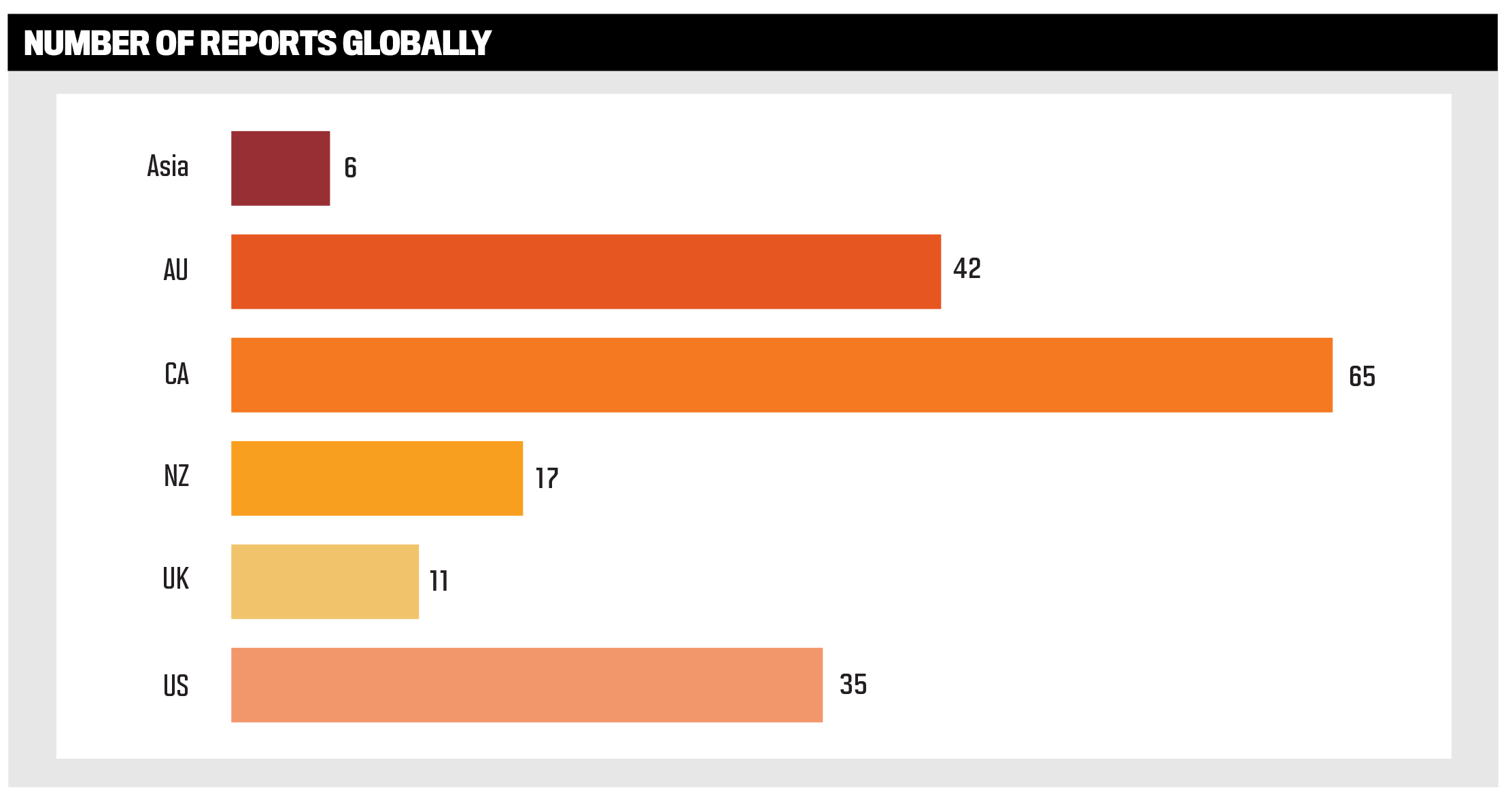
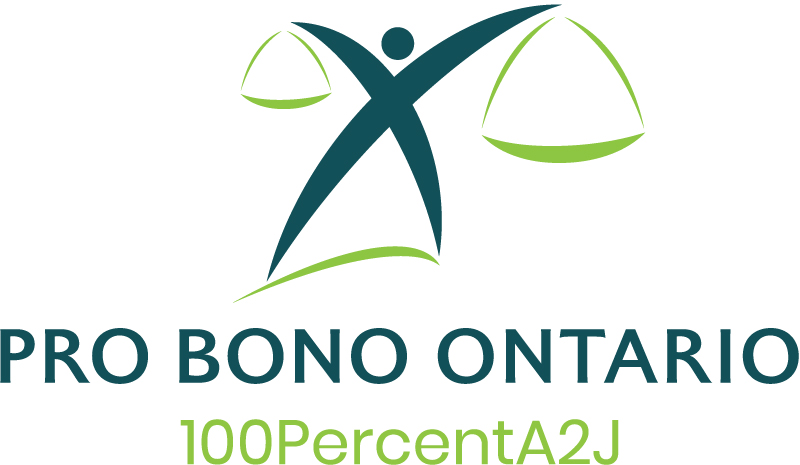
Pro Bono Ontario (PBO) is an access-to-justice charity founded in 2001. PBO’s mission is to harness the skills and commitment of volunteer lawyers to address low-income Ontarians’ unmet civil law problems to help them lead secure, healthy, and productive lives. PBO delivers on this mission by developing and directly managing pro bono programs that enable lawyers to provide high-quality legal services to those who cannot afford a lawyer or qualify for government-funded legal assistance. Since its creation, PBO has provided direct legal services to 300,000 clients who had nowhere else to turn for their everyday legal problems.
SPECIAL THANKS TO OUR EDITORIAL BOARD FOR SELECTING THE TOP 25 MOST INFLUENTIAL CANADIAN LAWYERS

